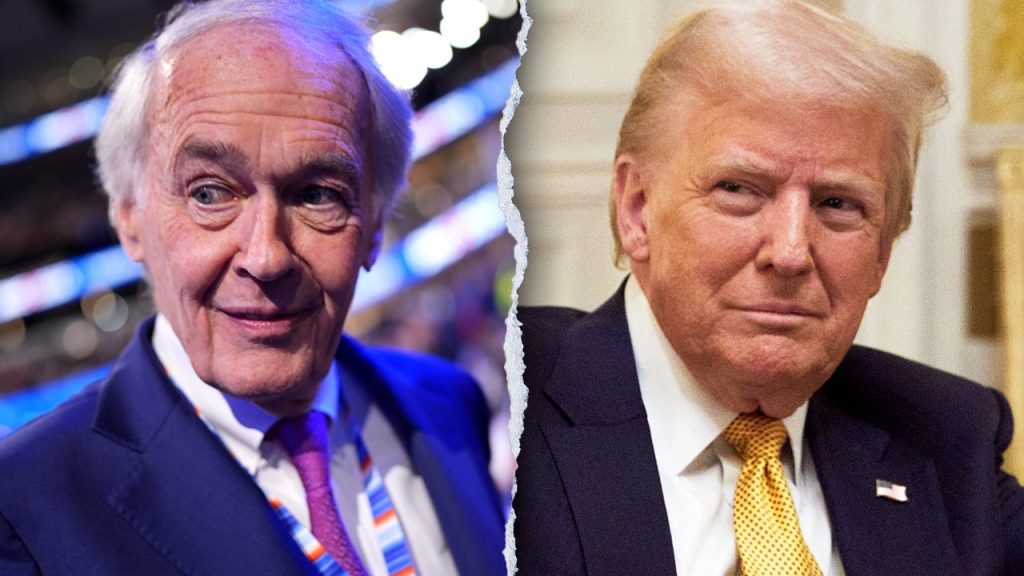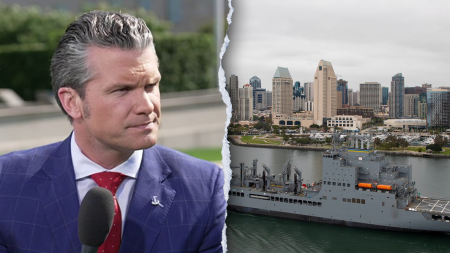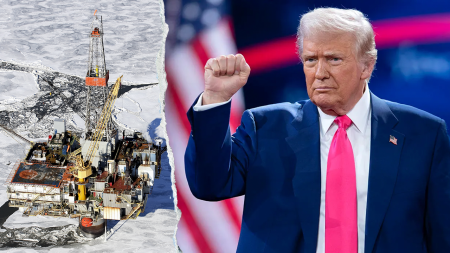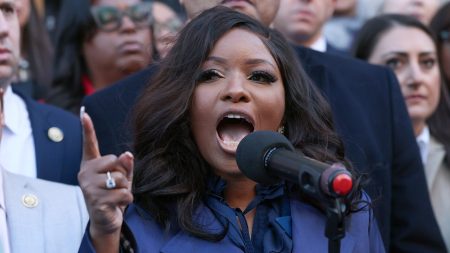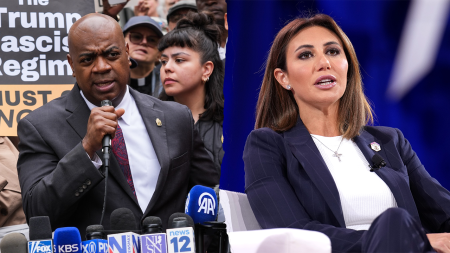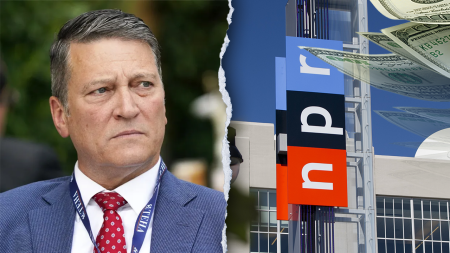Senator Ed Markey’s expression of fear regarding Donald Trump’s potential access to nuclear launch codes upon resuming the presidency ignited a debate on social media and beyond. Markey’s argument centers on the immense power vested in the presidency, allowing a single individual, the President, the sole authority to initiate a nuclear strike. He advocates for a system of checks and balances, suggesting that such power should not rest solely with one person, particularly given concerns about Trump’s temperament and past actions. Markey and Representative Ted Lieu have co-authored the Restricting First Use of Nuclear Weapons Act, legislation designed to require congressional authorization for any first-strike nuclear launch, thus limiting presidential authority in this crucial area. They argue that the current system is unconstitutional, bypassing Congress’s intended role in such weighty decisions.
The core of Markey’s concern, and the underlying premise of his proposed legislation, is the potential for misuse of nuclear authority by a president deemed unstable. While not explicitly stating Trump poses such a risk, the timing of his statement, immediately following Trump’s electoral victory, strongly implies this concern. Markey’s call for “guardrails” reflects a desire to prevent impulsive or ill-considered nuclear actions with potentially catastrophic global consequences. He advocates for a more deliberate decision-making process involving congressional oversight, arguing this would reduce the risk of a nuclear conflict triggered by a single individual’s judgment.
However, critics countered Markey’s concerns by pointing out that Trump had previously held the presidency for a full term without resorting to nuclear weapons, despite facing various international tensions. They argue that this historical precedent mitigates the fear of Trump using nuclear weapons rashly. Moreover, Trump’s own words regarding the devastating power of nuclear weapons suggest an awareness of their gravity, potentially indicating a cautious approach to their use. Trump has publicly expressed his understanding of the existential threat posed by nuclear weapons, characterizing them as a force of “obliteration” rather than conventional military tools.
The debate surrounding presidential nuclear authority is not new. The Restricting First Use of Nuclear Weapons Act, championed by Markey and Lieu, has been introduced in previous administrations. While gaining some support, the legislation has yet to become law, reflecting the inherent tension between the need for rapid response in a nuclear crisis and the desire to prevent unilateral action. Proponents of the current system argue that requiring congressional authorization could delay a necessary response, potentially jeopardizing national security. The executive branch’s position traditionally emphasizes the President’s role as Commander-in-Chief, requiring swift decision-making capabilities, particularly in matters of national defense.
Markey and Lieu’s letter to President Biden urges him to establish a policy requiring congressional approval for any first-strike nuclear launch, essentially implementing the intent of their proposed legislation through executive action. They argue that such a policy change would not only enhance national security by preventing rash decisions but would also affirm Congress’s constitutional role in matters of war and peace. This appeal highlights the urgency they feel in light of Trump’s impending return to the presidency, emphasizing their belief that the current system is inherently dangerous, particularly given their concerns about Trump’s character and judgment.
The core of the issue revolves around balancing the need for decisive action in a potential nuclear crisis with the equally important imperative of preventing catastrophic misuse of nuclear weapons. The current system favors rapid response, placing immense power in the hands of the President. Markey and Lieu’s proposed changes aim to mitigate the risk of unilateral action, arguing that incorporating congressional deliberation into the decision-making process enhances national security by reducing the chance of an ill-considered nuclear launch. This debate highlights a fundamental tension within the American system of government: balancing executive power with legislative oversight, particularly in matters with potentially world-altering consequences. The coming years will likely see further discussion and debate surrounding this critical issue, especially with Donald Trump back in the Oval Office.




